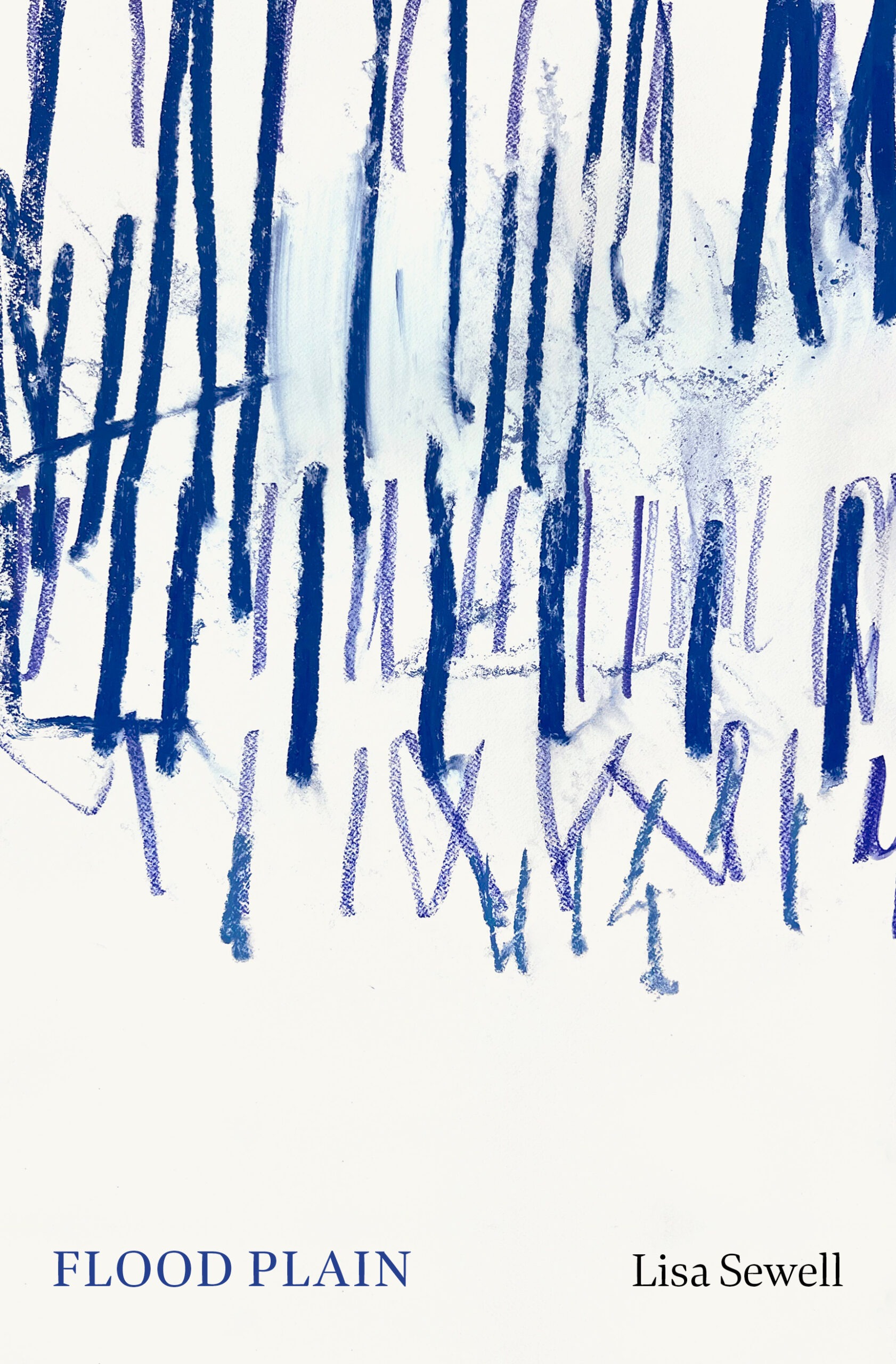
Flood Plain
Back to the Mat // Spring Tide // Estuary
You need a block and lots of patience to be
the open mind of a window cracked open,
a dusk-colored curtain, a silvering, a chime—
though everything is optional. With the tide reigning,
a cairn of rock and feathers to keep the fry
and fingerlings rearing in the estuary, I waited
in tadasana for clarity and judgment. I wanted
to begin again with a curious heart
even as construction of a thirty-foot wall
at the border began, for every fisherman knows
there are times the fish are biting and times you stand
in your waders stone cold, though I am not a fisherman
or a fisher of men. I have no soul, only skin
and a list of three hundred possible factors
to explain the solunar activity of fishes and tides
and the electric wave that uncoils my fingers and names
the boon companions I didn’t know would find me:
sandpiper, common murre, bladderwrack.
Also available from:
When water overflows a river’s banks, adjacent flood plains will respond with processes of absorption and dissipation. For the poet, such landscapes are models for damage control, a potential source of hope, and perhaps endurance in an age of ongoing ecological disaster.
In her stunning fifth collection, Flood Plain, Lisa Sewell finds fertile ground on which to examine the urgent questions of our age: What does it mean to live on a dying planet? How are we, as humans, meant to respond? And how, at last, can we grieve? The poems of Flood Plain might be put forward as a type of evidence, data or samples carefully collected for study. But they are also much more than this—they are the poet’s own testimonies, first-hand records revealing, page after page, her powers of observation and witness.
Praise for Flood Plain
“Flood Plain examines and inhabits the Anthropocene from a deeply human vulnerability. Personal grief dwells within the ‘gleam or flash’ that is a lifetime. Place names, sites, animals, are brought forward—not as distanced objects to be described—but as living beings with much to teach us. The rigor and beauty of this poetry reveals itself newly every time I read it; it is steeped in detail and urgency.”
– Claudia Rankine
“Lisa Sewell knows that death is alive, always at work undoing what we love. Weaving together elegies for beloved elders and odes to extinct, endangered, and charismatic species, Flood Plain loves and grieves in ways specific to the 21st Century, expertly tracking the fractal nature of ecological relation and loss across scales, mindfully moving from micro to macro and back again. Whether alive with wildfire or fluctuant with tide, poem after poem offers an ‘objective correlative/for what I cannot feel / as everything extinguishes around us.’ This book is uniquely attuned to the beauty and tenacity of the burning world.”
– Brian Teare
“Though the lyrics in Lisa Sewell’s Flood Plain may appear quiet on the surface, soaked with small and daily details as they are, soon one hears that they resound—not only with the magnitudes present in the shale and lake and forests of the world, but with the immense choruses of life and death that any human that lives must find a way to live through. And that’s what I love about Flood Plain the most: all its supplication and praise, the way it helps with the living.”
– Kazim Ali
“In grief-soaked language, Lisa Sewell’s poetry collection Flood Plain meditates on the parallels of personal, ecological, and social loss, aching for the world with ‘a gust of triumph beneath / the syntax of regret.'”
– Luke Sutherland, Foreword Reviews

